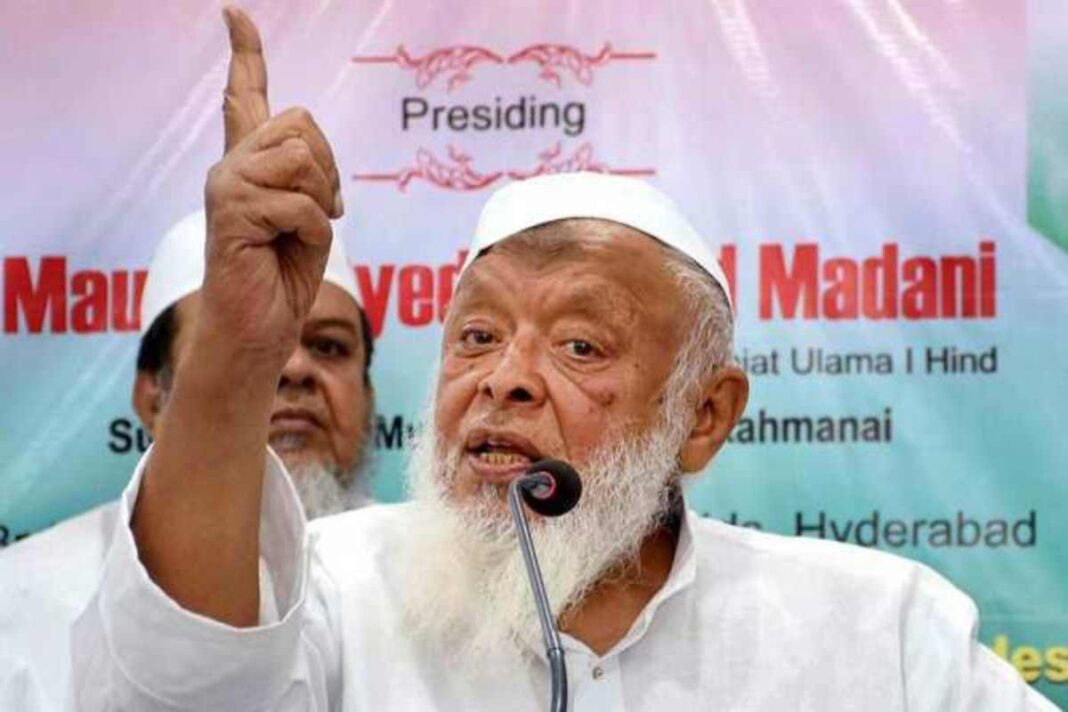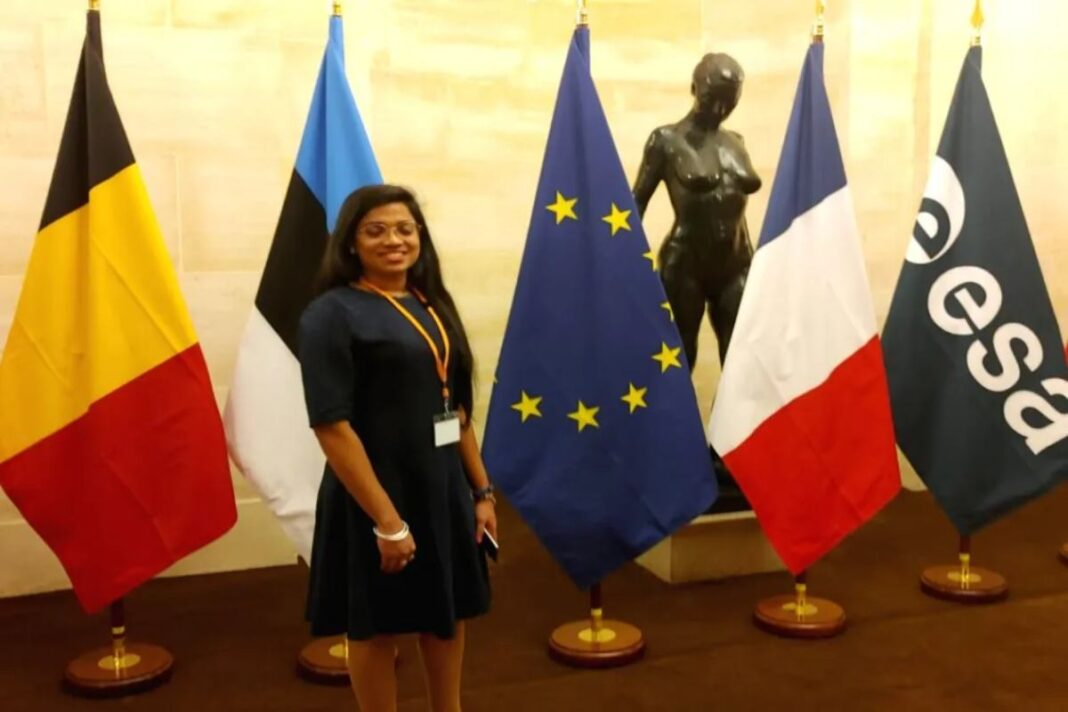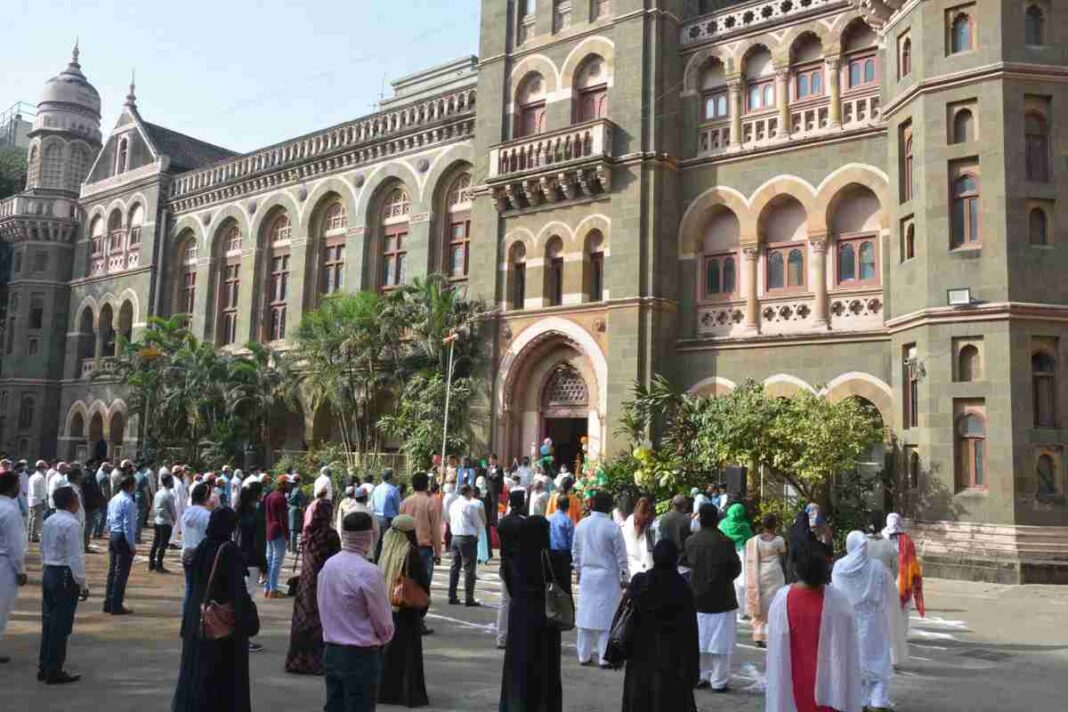In a recent conference in Deoband, Uttar Pradesh, Maulana Syed Arshad Madani, representing the Jamiat Ulama-e-Hind (Arshad Madani faction), stirred controversy by advocating for separate schools and colleges for Muslim girls and women. This demand comes in the wake of the hijab ban controversy in Karnataka, where he deemed it a conspiracy against Muslim women.
Historical Context: Familiar Demands from Jamiat Ulama-e-Hind
This isn’t the first time the faction has raised such a demand. A few months ago, at a conference in Mumbai, Madani had similarly called for separate educational institutions for Muslim boys and girls.
Representation Concerns: Who Speaks for All Muslims?
While individuals like Syed Arshad Madani position themselves as representatives of Muslim society, concerns arise about the inclusivity and representation within Jamiatul Ulema. The organization, lacking inner democracy and social justice, fails to adequately include OBC, SC, and ST communities within its ranks, which constitute around 90 percent of the Muslim population.
Democracy Deficit: Jamiatul Ulema’s Inner Workings
The organization’s undemocratic nature is evident in the appointment of its office bearers and officials, where only individuals from specific families ascend to senior positions. This raises questions about the organization’s legitimacy in presenting demands on behalf of all Muslims.
Communal Tensions: A Detrimental Path
Madani’s demand for separate schools, echoing historical precedents like Sir Syed Ahmad’s push for separate electorates and Jinnah’s call for Pakistan, introduces communal undertones that could disrupt social harmony. Such exclusive educational institutions could lead to a counteraction based on communal lines.
Educational Pitfalls: Potential Risks for Students
Advocates against the proposal argue that separate schools for Muslim students, irrespective of gender, risk isolating them within a religious framework. This isolation could potentially foster religious fundamentalism, making the demand not only unconstitutional and immoral but also against India’s pluralistic tradition.
Conclusion: Balancing Identity and Unity
In light of the potential ramifications, it becomes crucial for the broader Muslim community to evaluate such demands critically. Balancing religious identity with the principles of a united and diverse India should guide discussions on educational reforms, ensuring that any proposed changes serve the interests of all communities and maintain the nation’s social fabric.
For a detailed story, please visit: Awaz the voice
Also Read: India’s Global Leadership: G-20 and Development
You can connect with DNN24 on Facebook, Twitter, and Instagram and subscribe to our YouTube channel.



